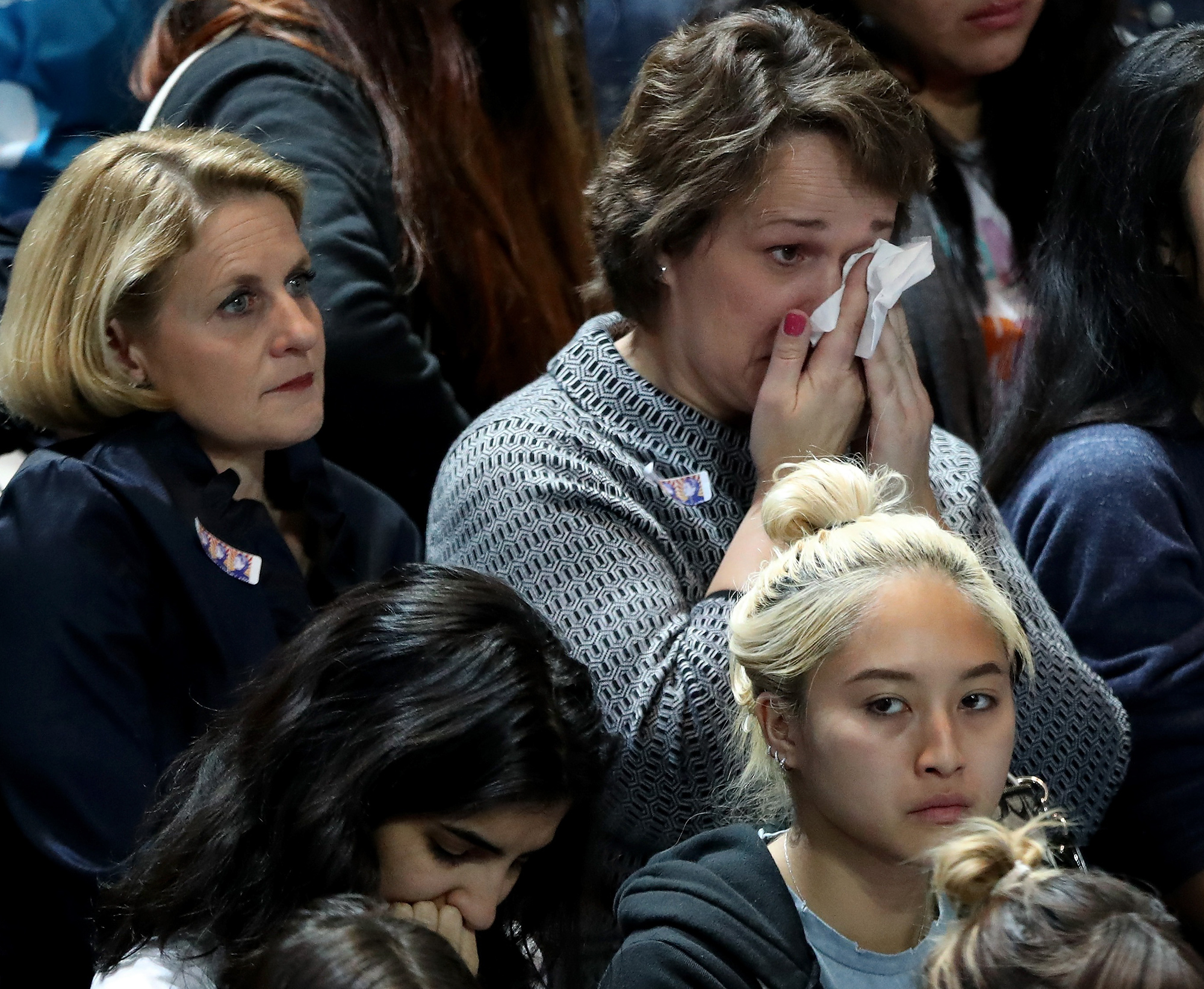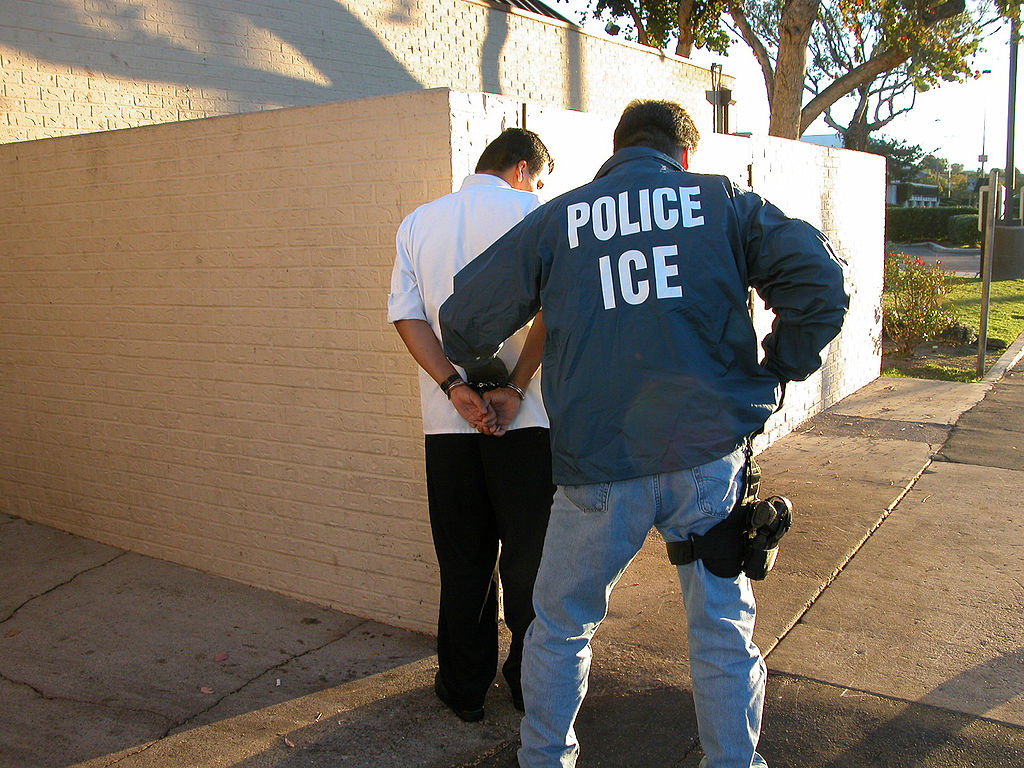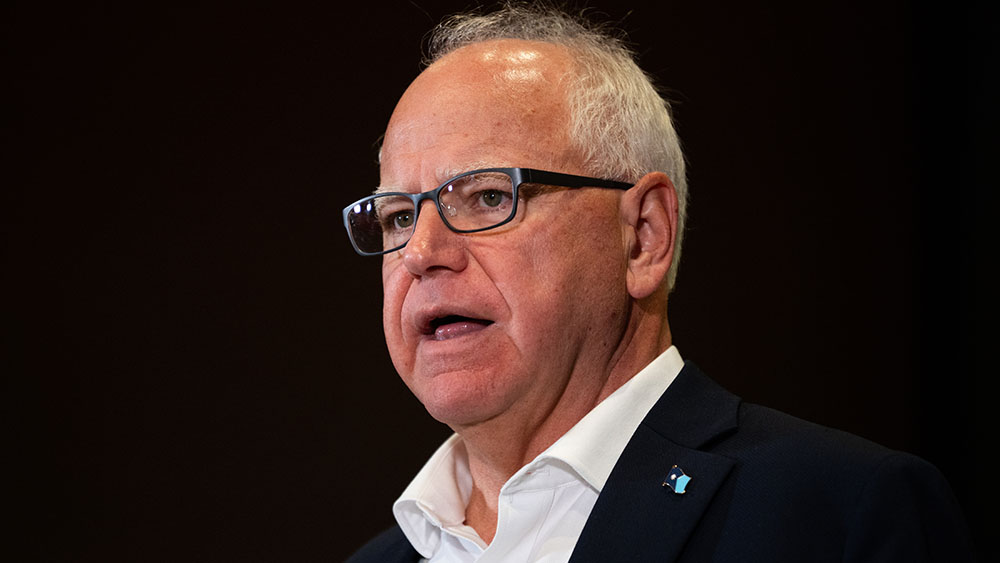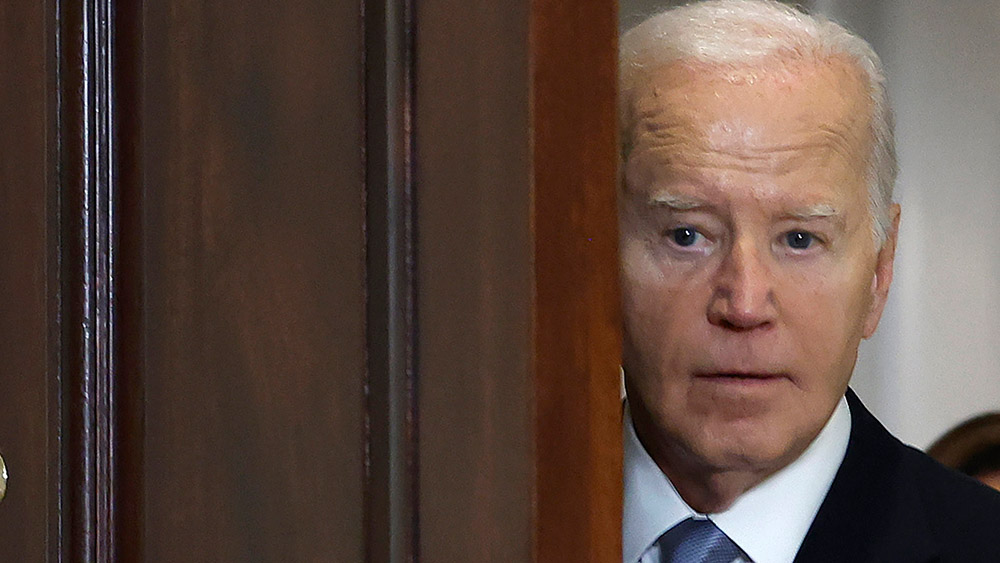Gross negligence or deliberate inaction? Bank of America only flagged Epstein’s suspicious payments several months after his death
12/17/2024 / By Belle Carter
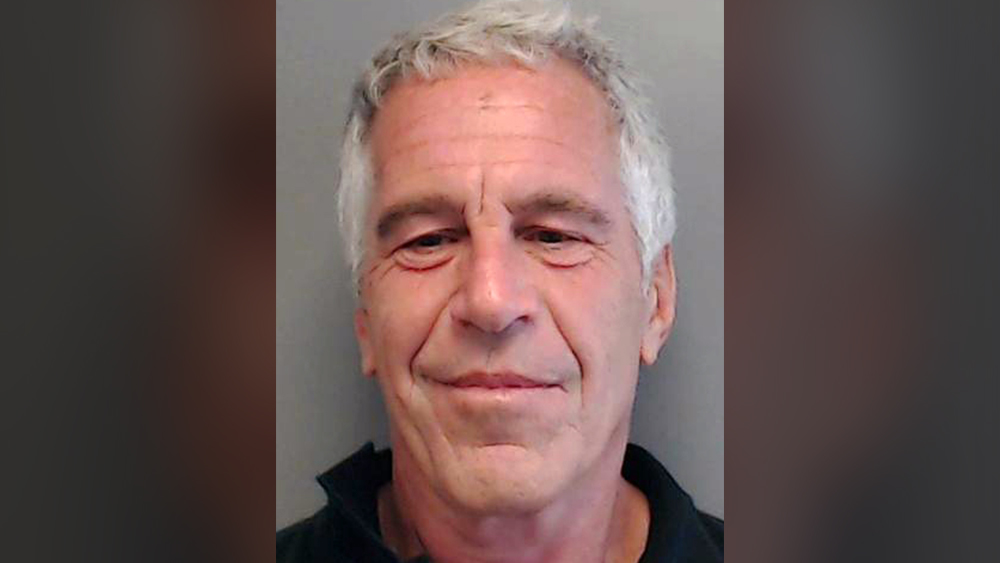
- Bank of America flagged potentially suspicious payments involving Jeffrey Epstein and Leon Black in February 2020 and again in October 2020, a year after Epstein’s death. The transactions in question, totaling $170 million, occurred years prior.
- The timing of the filings has raised concerns about potential violations of federal money laundering laws, prompting a congressional investigation into Bank of America’s actions.
- Bank of America did not file Suspicious Activity Reports (SARs) within the standard 60-day window, indicating an institutional failure to comply with regulatory protocols.
- The delay in reporting has raised suspicions of intentional inaction and prioritization of high-net-worth client relationships over public safety.
- The Senate Finance Committee’s investigation highlights the need for stricter oversight and accountability within the banking sector, with calls for a more robust and responsive framework to prevent financial crimes.
The Bank of America only flagged potentially suspicious payments involving convicted child sex offender Jeffrey Epstein and former CEO of Apollo Global Managemen Leon Black a year after Epstein’s death.
The bank submitted two suspicious activity reports (SARs) to regulators in February 2020 and again eight months later, but the transactions in question had occurred years prior, totaling a staggering $170 million.
The timing and nature of these filings have prompted intense scrutiny, with congressional investigators now questioning whether Bank of America violated federal laws against money laundering. The delays raise serious concerns about the effectiveness of the financial sector in detecting and preventing illicit activities, particularly when it comes to wealthy clients.
SARs are a crucial tool in the fight against financial crimes. They are designed to alert authorities to potential money laundering, terrorism financing and other unlawful activities. Yet, in this case, Bank of America failed to file these reports within the standard 60-day window, choosing instead to wait until well after the death of Epstein.
This delay is not just a bureaucratic oversight; it’s a sign of institutional apathy and, perhaps, intentional inaction. By processing these large payments without seeking any additional information, the bank appears to have prioritized its relationship with a high-networth client over public safety.
For years, these transactions likely slipped under the radar, potentially aiding in the perpetuation of Epstein’s illegal activities. When the payments were finally flagged, it was only after media outlets began reporting on the deep ties between Epstein and Black, suggesting that external pressure may have been the only catalyst for action.
The office of Sen. Ron Wyden (D-OR) has taken note, with his Finance Committee recommending a full investigation into Bank of America’s handling of these transactions. The committee has been investigating the payments for nearly two years, highlighting the need for stricter oversight and accountability within the banking sector.
Black has maintained that the payments were for legitimate tax work and art transactions, insisting that he did not know about Epstein’s criminal activities. However, this defense rings hollow given the lack of clear justifications for such large, seemingly purposeless transfers.
Bank of America committed disregard for regulatory protocols and public safety
The revelations about Bank of America’s delay in reporting come at a critical time, as the financial industry grapples with the balance between privacy and transparency. The Senate Finance Committee’s investigation underscores the importance of due diligence when it comes to high-risk clients. Banks must be more proactive in identifying and reporting suspicious activities, rather than waiting for media inquiries to prompt action.
Banks file millions of SARs each year, but the lack of immediate action in cases like this demonstrates the need for a more robust and responsive framework. If banks are truly committed to preventing financial crimes, they must be willing to take swift and decisive action, rather than waiting for external pressures to force their hand.
Regardless if the delay was a result of negligence or deliberate inaction, the bank has shown a disturbing disregard for regulatory protocols and public safety. This case is a stark reminder that the financial industry must do better in identifying and reporting suspicious transactions, especially when it comes to high-profile clients with questionable histories.
One thing is certain: The financial sector can no longer afford to ignore the potential for criminal activity among its most prominent clients. It’s time for banks to prioritize due diligence and regulatory compliance over maintaining relationships with wealthy clients. The stakes, as demonstrated by this case, are simply too high.
The committee’s recommendations should serve as a wake-up call for the entire banking industry. More needs to be done to ensure banks are not just ticking boxes but taking proactive steps to prevent financial crimes. Only through rigorous oversight and accountability can we hope to address these systemic failures and protect the integrity of our financial system.
Until then, the public must demand greater transparency and accountability from banks like Bank of America, ensuring that their focus remains on upholding the law and protecting public safety, not just generating profits for their wealthy clientele. (Related: Sex trafficker Jeffrey Epstein was “a business partner” with JPMorgan Chase Board of Directors, lawsuit reveals.)
Similar stories can be found at Corruption.news.
Watch the video below that talks about victims of Epstein suing the FBI for negligence.
This video is from the Leona Wind channel on Brighteon.com.
More related stories:
Sources include:
Submit a correction >>
Tagged Under:
accountability, Bank of America, banking, biased, big government, child sex offender, conspiracy, corruption, deception, federal money laundering, Jeffrey Epstein, Leon Black, pedophile, public safety, real investigations, rigged, SARS, Senate Finance Committee, Suppressed, traitors, treason
This article may contain statements that reflect the opinion of the author
RECENT NEWS & ARTICLES
COPYRIGHT © 2017 TREASON NEWS





